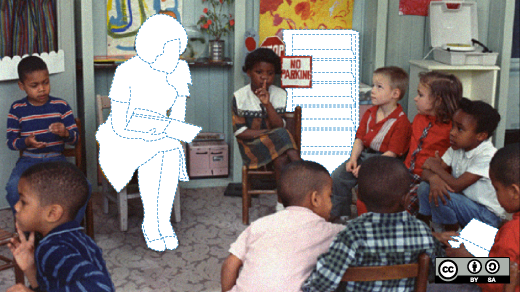Fifty years ago, on January 17, 1963, Martin Luther King, Jr. delivered his "I Have a Dream" speech in Washington, DC. And it is worthwhile to reflect on how much or little has changed in terms of education. His belief that "my four little children will one day live in a nation where they will not be judged by the color of their skin but by the content of their character" still resonates today. Five years later, in 1968, King was assassinated as he was working on his Poor People's Campaign, a multiracial effort to gain economic justice and alleviate poverty regardless of race. His underlying concern had been social justice and altering the balance of power in society by reforming society, which remains controversial today.
King's speeches and campaigns came on the heels of the landmark US Supreme Court case, Brown v. Board of Education (1954), which legally ended segregation in public schools but did not address racial inequality in them or residential segregation that affects public schools today. In the 1970s and 1980s a series of court cases created forced busing or desegregation busing in an effort to address prior racial segregation in the schools and residential segregation on local public school demographics. The practice was hotly contested in many areas of the country, but none more so than in Boston, Massachusetts. Today, children in parts of Boston take buses or trains to the suburbs where the schools are predominately white and wealthier; traditionally score higher on educational achievement tests; have more textbooks and better qualified teachers; and more computer hardware and software in the public schools.
Until open hardware and software existed, many public schools in the inner cities lacked the resources to provide highly qualified teachers or quality textbooks, books (fiction, nonfiction, and reference), periodicals, videos, or much technology. But today abandoned and old computers are being donated and recycled for use in low-income school districts; free computers can also be obtained through organizations like Free Geek and Freecycle, and on CraigsList.
If school districts install Linux and Open Office, they can save thousands and thousands of dollars in licensing fees, maintenance, and personnel. With Internet access, open source web browsers such as WebKit, Wordpress, and Buddypress can then be installed within six minutes to create a website or blog. And with Internet access, limitless educational opportunities ensue; a few examples include:
- Highly qualified teachers and instructors found on MIT's OpenCourseWare
- National Science Teachers Association freebies for science teachers
- Yale professor Keith Wrightson's lecture's on Early Modern England from FreeVideoLectures
With Internet access and an open source web browser, the lack of resources associated with public schools in the inner cities can potentially be greatly reduced or eliminated.
The potential role that open source can play in bridging racial inequality is profound. By 2050, the current white majority will be become the new minority. Critics contend that if the US does not invest in the education of minorities, then the ramifications could be catastrophic. Moreover, there is a strong correlation between poverty and race and numerous reports that show minorities lagging in educational opportunities, achievement, and attainment.
Schools have become more segregated. Educational tests between whites and minorities have not changed in 20 years.
The potential role that open source can playing in bridging poverty is also profound and should not be dismissed. The rates on poverty have also not changed in 30 years either. In 2010, over 46.2 million Americans lived in poverty according to the U.S. Census Bureau, the highest poverty level in 17 years. In 2012, the working poor represent arguably the largest, and fastest growing, economic class in the US.
Open source can help the poor get a quality education, jobs, health care, and much more. Never before in history have educational opportunities been more prevalent nor tied to wealth or status. The University of the People, for instance, is the world's first tuition-free online university. Likewise, ALISON allows adults to enroll in courses for basic workplace skills or obtain a diploma or certificate for free.
Today, we are not limited by the color of our skin to partake in these educational opportunities but limited by time, access to open source, and our own initiative to pursue knowledge on its own, whether that is formally in a school setting or informally on our own. Last I looked, Americans are guaranteed the unalienable rights of life, liberty, and the pursuit of happiness. There's not much happiness if educational opportunities are restricted based on wealth and status rather than the availability and accessibility that open source affords.







5 Comments